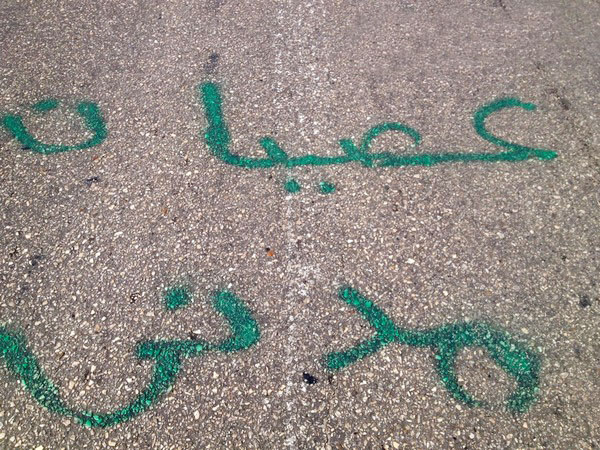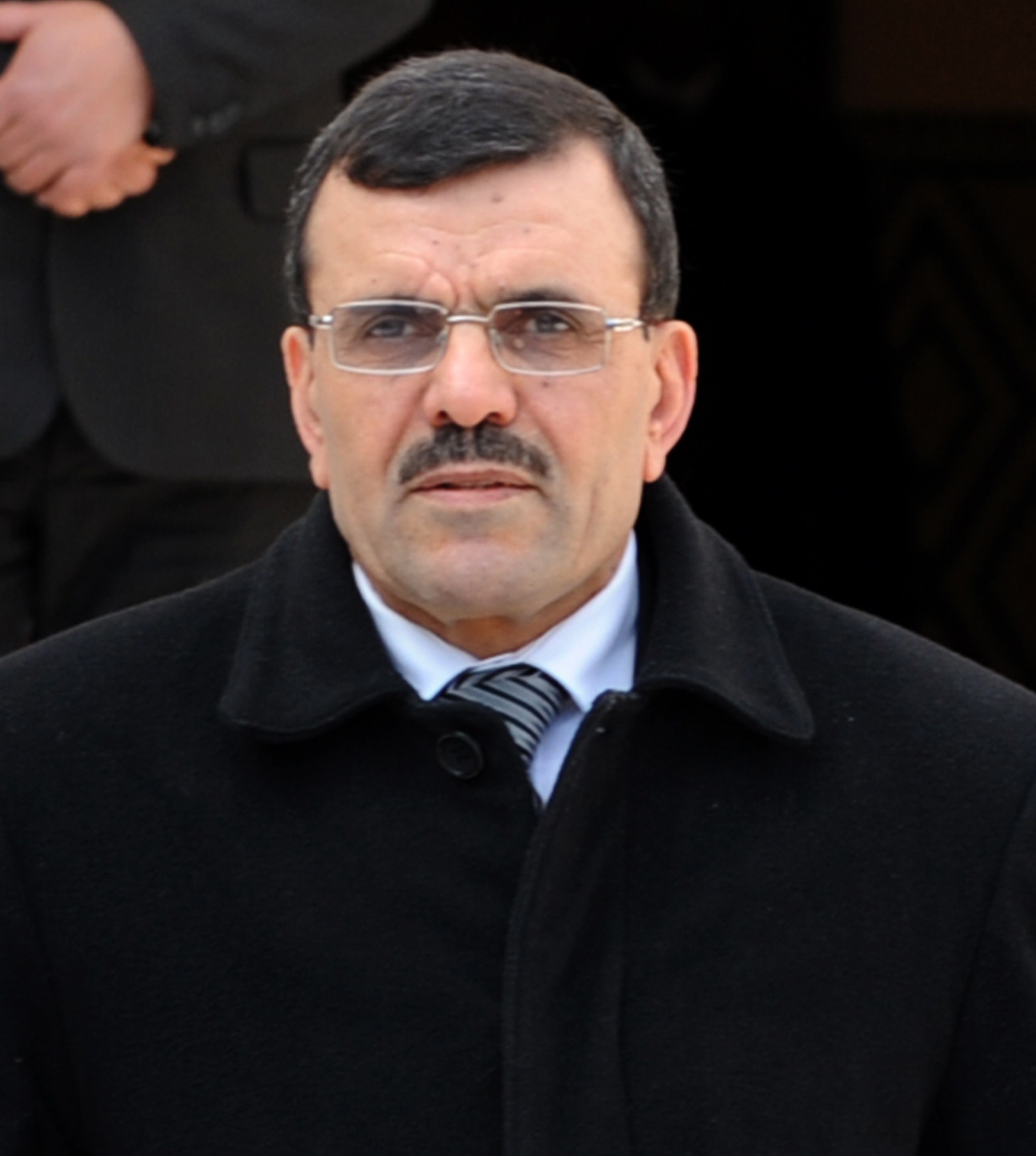By Tamim Elyan
CAIRO: Four Muslim Brotherhood (MB) candidates whose parliamentary candidacy applications were rejected said that their exclusion from the elections in Alexandria was a conscious political decision by the regime, not a legal error.
The MB has fielded eight candidates in Alexandria and one female candidate for a seat reserved by the women’s quota.
The four candidates whose candidacy applications were denied — Hussein Ibrahim, Mostafa Mohamed, Saber Abo El-Fotouh, and Mohamed Sayed Ahmed — planned to compete in the workers’ category until they were prevented from doing so due to their “failure to prove their worker’s credentials.”
“I was one of the first candidates to present my application papers, [as were] my colleagues,” said Hussein Ibrahim, vice president of the MB bloc during the last parliament, at a press conference held at the Hisham Mubarak Law Center. “But we found that our applications were excluded and we weren’t [told] the reason [for] our exclusion [other than] from newspapers.
“We have all been MPs before and we are all employees in public sector companies. Our worker’s credentials were authenticated by the Workers’ Union and the Workers’ Syndicates Union.”
The four candidates challenged their exclusion at the Administrative Court and received favorable court rulings; however, the National Democratic Party’s (NDP) General Secretary in Alexandria challenged the ruling in front of an unspecialized court to prevent the Supreme Electoral Commission (SEC) from executing its ruling. The SEC said that it will only execute “unchallenged” rulings.
“PA speaker Fathy Sorour told us that our applications are complete and that our exclusion was a political decision, [so] no one could help us,” said excluded MB candidate Saber Abo El-Fotouh.
The four candidates organized a sit-in in front of the People’s Assembly that resulted in a meeting with Sorour. They later filed a complaint with the Presidential Office demanding a guarantee of fair elections and that President Hosni Mubarak will intervene in their case.
Ibrahim told Daily News Egypt that the four candidates began their publicity campaigns despite their exclusion from the parliamentary race, fearing that the regime would add them to the final roster of candidates at the very last possible moment.
“If the MB didn’t participate [in the elections], the regime would have used the official opposition parties [in order to claim] that the elections were fair and [that it] witnessed strong competition with opposition parties,” Ibrahim stated.
According to Mohamed, the NDP arranged a deal with the Tagammu party candidate for Al-Montazah constituency so that it could “hand” the Tagammu party the constituency seat over the MB. In 2005, the MB garnered 27,000 votes in the constituency, whereas the Tagammu party won a mere 340 votes.
“They — the NDP — found that they aren’t capable of competing in fair elections, so they resorted to exclusions,” said Mohamed.
The Administrative Court issued a ruling on Wednesday to stop the electoral process in 11 constituencies in Alexandria. The ruling is being challanged and the final verdict is expected on Saturday, Nov. 27.
“The next parliament has no legitimacy, even before it is elected, because of the severe violations [of] fairness rules,” stated Ibrahim.
The candidates said that during their electoral visits they were faced with “heavy and unfounded” violence that reached citizens’ houses, as well as gunfire on workers who were hanging banners.
“The NDP is using central security forces as its militias to fight the opposition and the Egyptian people,” Abo El-Fotouh said.
One of Abo El-Fotouh’s electoral visits ended with the arrest of eight of his supporters after central security forces surrounded the area and blocked traffic.
Abo El-Fotouh added that one of the police officers told him that he had orders to use violence to end his electoral visit.
“They want to send a warning message that they will use violence and will fear no one in doing [so],” Ibrahim stated.

